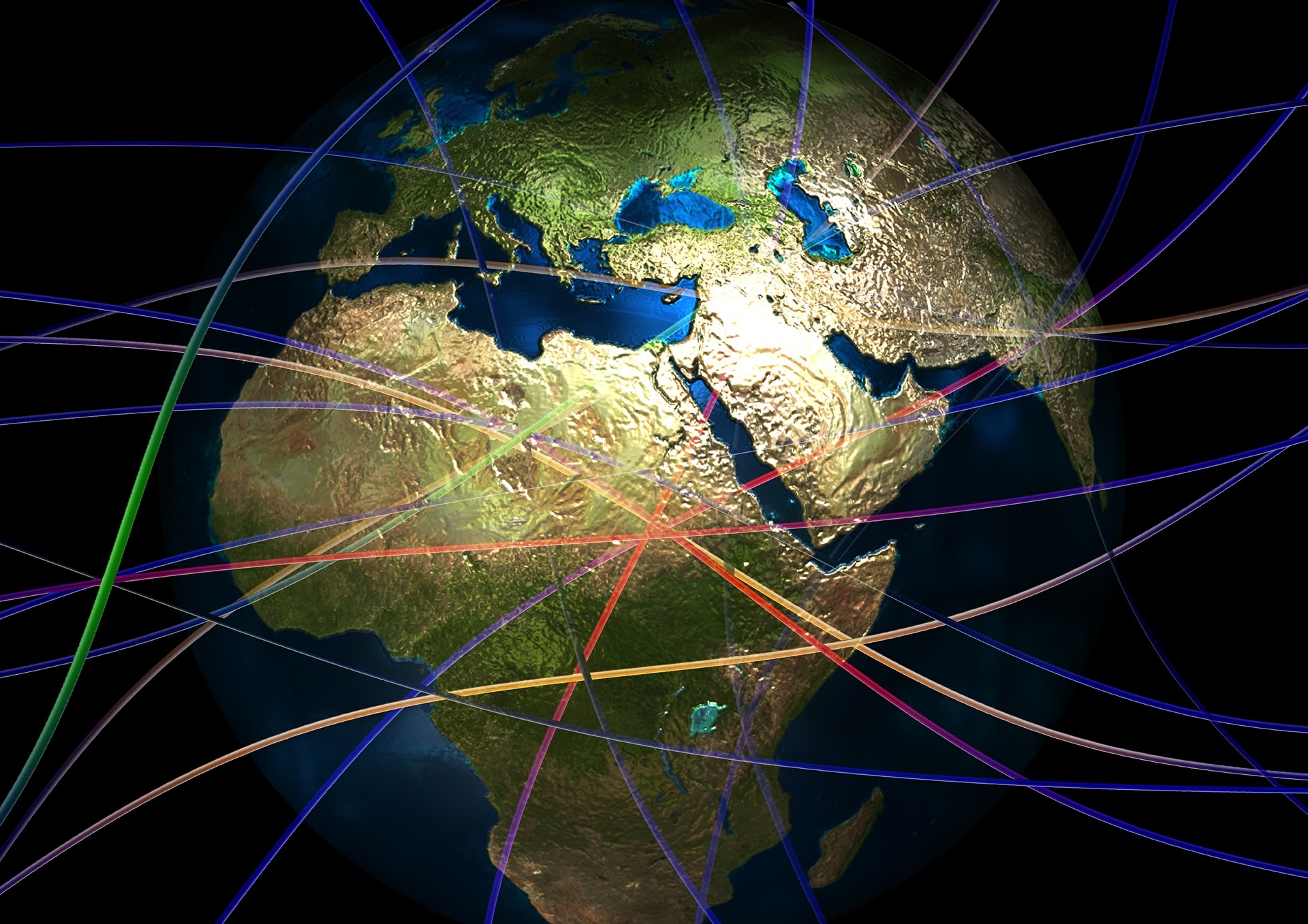 EMERGING TECH
EMERGING TECH
 EMERGING TECH
EMERGING TECH
 EMERGING TECH
EMERGING TECH
The U.S. government needs to create a national strategy that covers data security and interoperability standards in order to coordinate private sector efforts to deploy the Internet of Things, the Center for Data Innovation said in a report published Monday.
The report warns that “each federal agency is marching to the beat of its own drum,” with mostly uncoordinated efforts that lack strategic vision. As such, the challenge for the incoming Trump administration will be to “coordinate all of these ongoing efforts to ensure the federal government remains a useful partner for the private sector,” said Daniel Castro, author of the report and director of the Center for Data Innovation.
The report recommends that the government take a number of steps it thinks are essential to support the private sector’s efforts to roll out the IoT. These include ensuring availability of wireless spectrum, supporting research and development, coordinating “stakeholders” and taking a lead in efforts to develop technical standards.
Whatever technical standards emerge should be primarily focused on cybersecurity and interoperability, the Center for Data Innovation says. It urges the government to consider implementing the National Institute of Standard and Technology’s proposed framework, which offers a reference architecture and guidelines for data interoperability, cybersecurity and data privacy.
NIST’s framework covers a number of envisaged IoT applications, such as smart grid and smart manufacturing deployments that will likely generate massive volumes of data that can be analyzed to make productivity and capacity utilization more efficient.
The report warns that various federal agencies have moved ahead, trying to implement security and interoperability standards off their own backs without any coordination with other agencies. Last year for example, the U.S. Food and Drug Administration attempted to finalize guidance that would exempt connected devices like fitness trackers that store medical data from federal regulations.
Also key is the freeing up of wireless spectrum for IoT deployments, the report says. So far the Federal Communications Commission has proposed a number of rules that should free up more wireless spectrum for commercial use, which would include the IoT. These include efforts to specify some licensed and unlicensed frequencies for “connected technologies.” The FCC is currently in the process of implementing new rules to improve access to a 5 GHz frequency band, along with 100 megahertz of unlicensed spectrum.
Castro said the government has so far done “a great job” of starting projects that will enable the IoT in the private sector. However, he warned that these efforts are unlikely to lead to rapid growth without the implementation of a government-led coordinated strategy.
“Fortunately, both the federal government and Congress have signaled their support for a national strategy for the Internet of Things that would remedy this,” Castro said.
THANK YOU